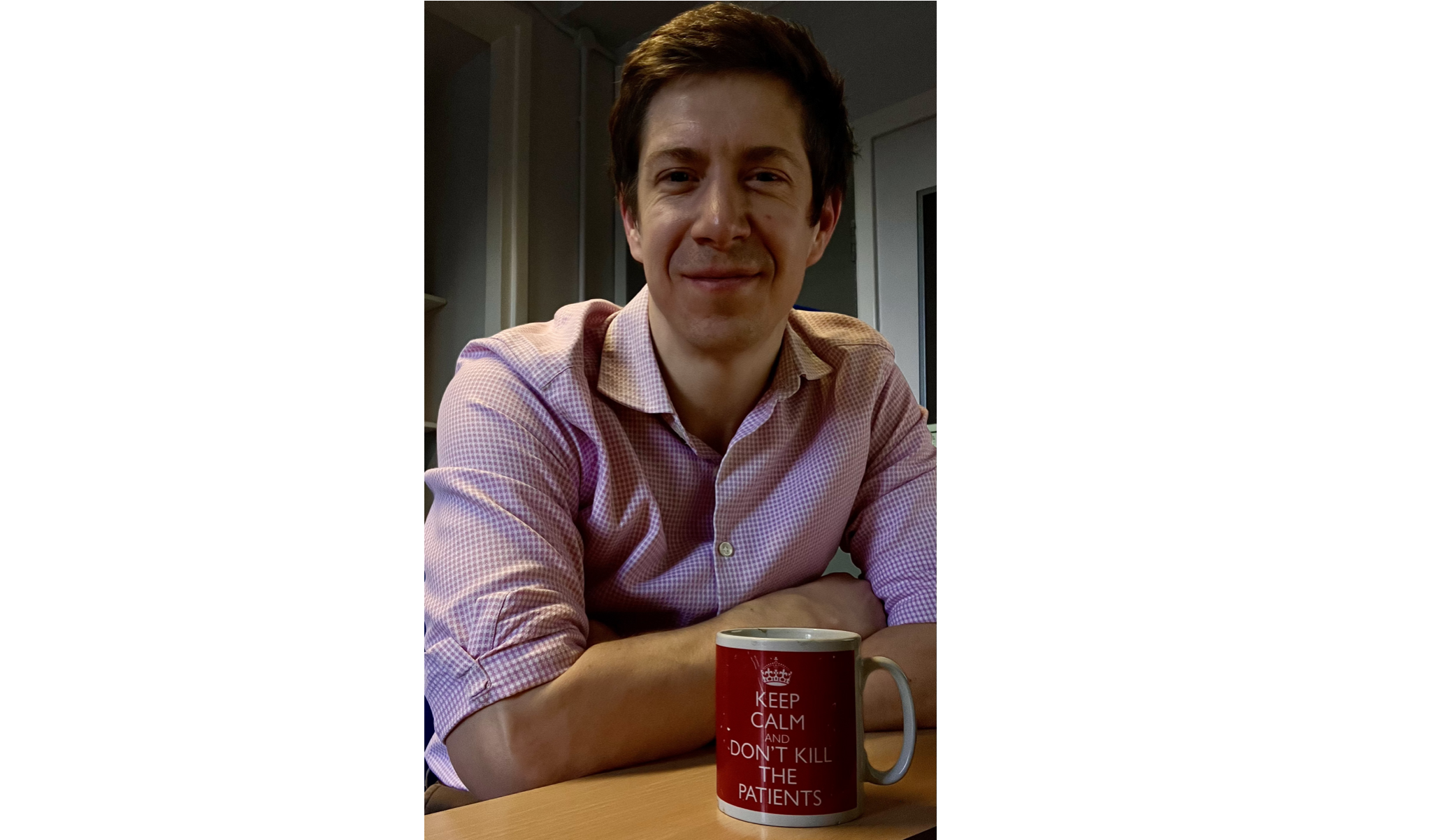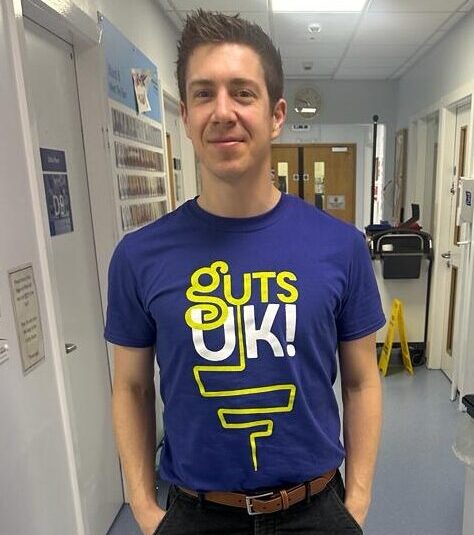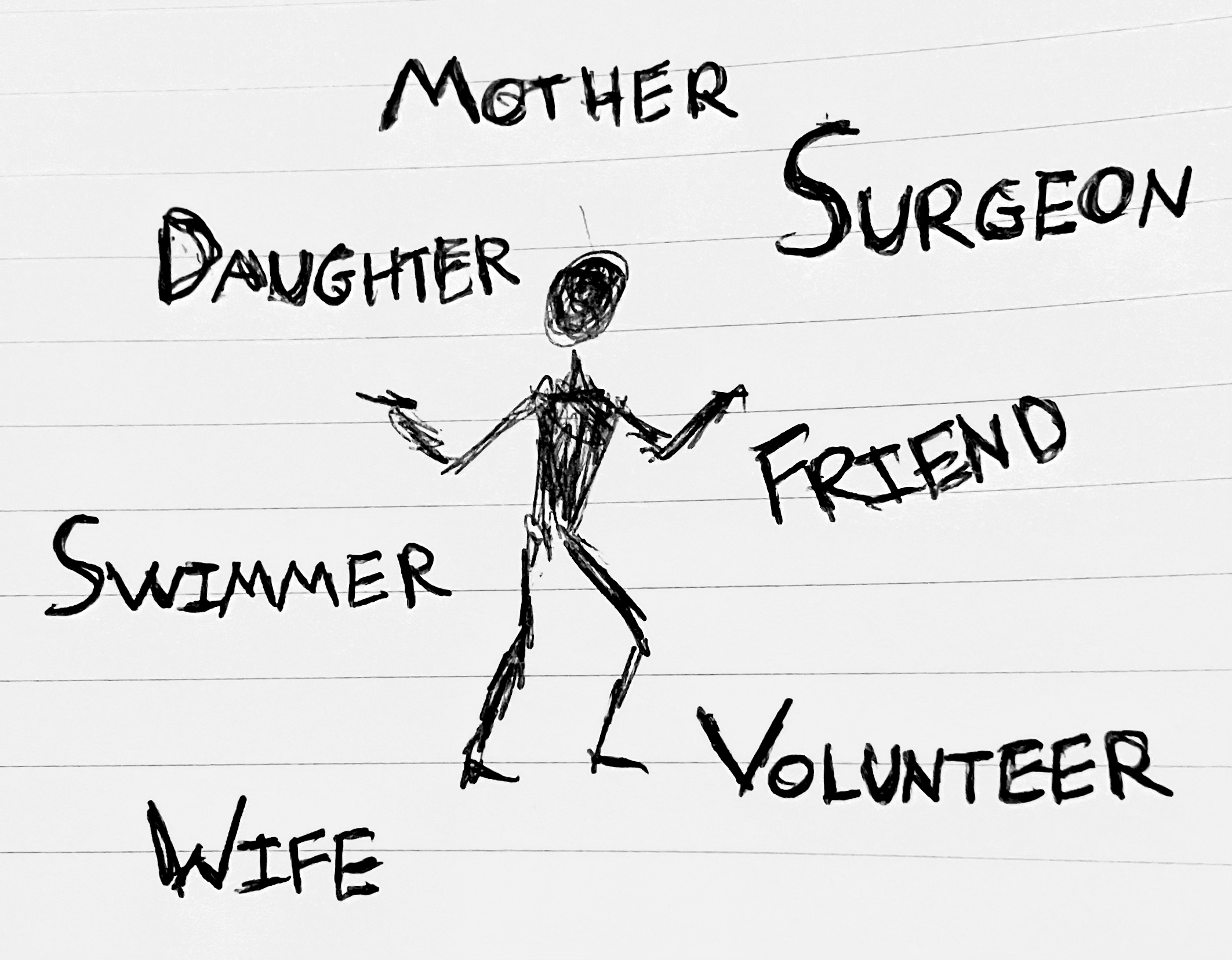The surprising influence of early choices on your clinical destiny.
Life involves millions of decisions. Career decisions may feel like some of the most important. But do we always recognise which decisions have the most impact? In general, decisions made early have the greatest influence on our career trajectories.
I am often asked “how did you decide to be an academic paediatric hepatologist?”. It was a remarkably passive process, predominantly by the process of elimination and serendipity. I don’t think I was truly aware of the critical decision juncture. By the time I had reached the end of FY2, I was already mentally committed to (academic) paeds.

‘Early’ decisions (e.g. before ST3) feel easier to make, probably because life tends to get more complicated as we get older, especially in our 30s (kids, older parents, health etc). [Compared to, deciding to change country/specialty at ST5, for example.] At this phase we made choices like deciding to head down surgery or paeds (often at the end of FY2). We also have fewer sunk costs.
How ‘active’ is the decision of what to do at the end of FY2? Objectively, the opportunities are vast, even within medicine we can pursue any specialty in the UK or abroad (albeit with different hurdles). However, many doctors have already built a specialty-specific profile by that time due to the pressure to jump onto a highly competitive conveyor belt of run-through training.
We know that humans are not rationale decision-making creatures. We are hugely influenced by subconscious effects, including the desire to avoid having wasted input (‘sunk cost bias’) and bad outcomes (‘loss aversion’).
Is there really any decision to make at the end of FY2 if you have been working on surgical audits, been a member of SurgSoc, and identify as an ‘aspiring surgeon’ before the end of medical school? [N.B. This was me, but for paeds.]

Where does the inspiration to follow a particular career pathway (early on) come from? A positive experience with a placement, a high score in an exam, a negative experience with a consultant… Infrequently from ‘realistic job adverts’ i.e. a clear demonstration of what the end job will look like (and route there), warts and all. I do believe that the first job you do in FY1 has a massive impact upon your long-term outlook on the NHS, clinical work, and speciality. It may be negative or positive and is important.
There is clearly a strong trend towards not entering run-through training at the end of FY2, which is influenced by many factors, including pay and working conditions. This probably does mean more conscious, carefully considered decision making about speciality.
Later on, at ST6/7/8, we make decisions about ‘permanent’ jobs. These may feel like choices, however the number of departments we could actually work in is comparatively small. (E.g. specialty, complexity of life, job vacancies, working hours etc.) So, even though you’re deciding about where to be based for >10 years, it is still all within a speciality/similar job description.

The decision that really impacted your 30 year permanent job was probably based upon subtle subconscious influences accumulated before the end of FY1.
Some caveats (which I often repeat to myself):
1. It is difficult to predict how happy we will be in any job.
2. It is very difficult to predict what we will ‘want’ in a decade or three.
3. Early decisions may be more reversible than later ones.
4. Important decisions at an early stage can be hugely beneficial and provide much clarity/joy.
5. I am not denying that one department to another may give a wildly different life experience.
I’d be really interested to hear others’ experiences about this.
Is this already extremely obvious?
Would further (long-term) career counselling be helpful in medschool/FYs?
Is this only relevant to me/my colleagues because of our ultra-niche work?
Or am I just being excessively philosophical?
[Note: I make no distinction between career and ‘life’. By ‘career’ I mean everything we do as a productive outlet and this is irreversibly intertwined with our lives. Even if we leave medicine/the NHS, we will still have a career.]
Also see:
First impressions: on the importance of first job in FY1 [Blog 006]
The four truths of decision making [Blog 002]
The squiggly career by Helen Tupper and Sarah Ellis
Thinking, fast and slow by Daniel Kahneman
Decisive by Chip & Dan Heath
Nudge by Cass Sunstein and Richard Thaler




Thank you for writing this, I found it very insightful! As a mature medical student I would definitely appreciate more pragmatic advice from my medical school on long-term career options which acknowledges the relative constraints on location, time etc.
Glad you found it useful!
Career advice always comes from a bias. I have found it useful to seek out different opinions; shopping around to hear everyone’s biases.
And the further I get down the line, the more I realise that the journey/path only makes sense looking back, even though I thought I had everything planned out far in advance.